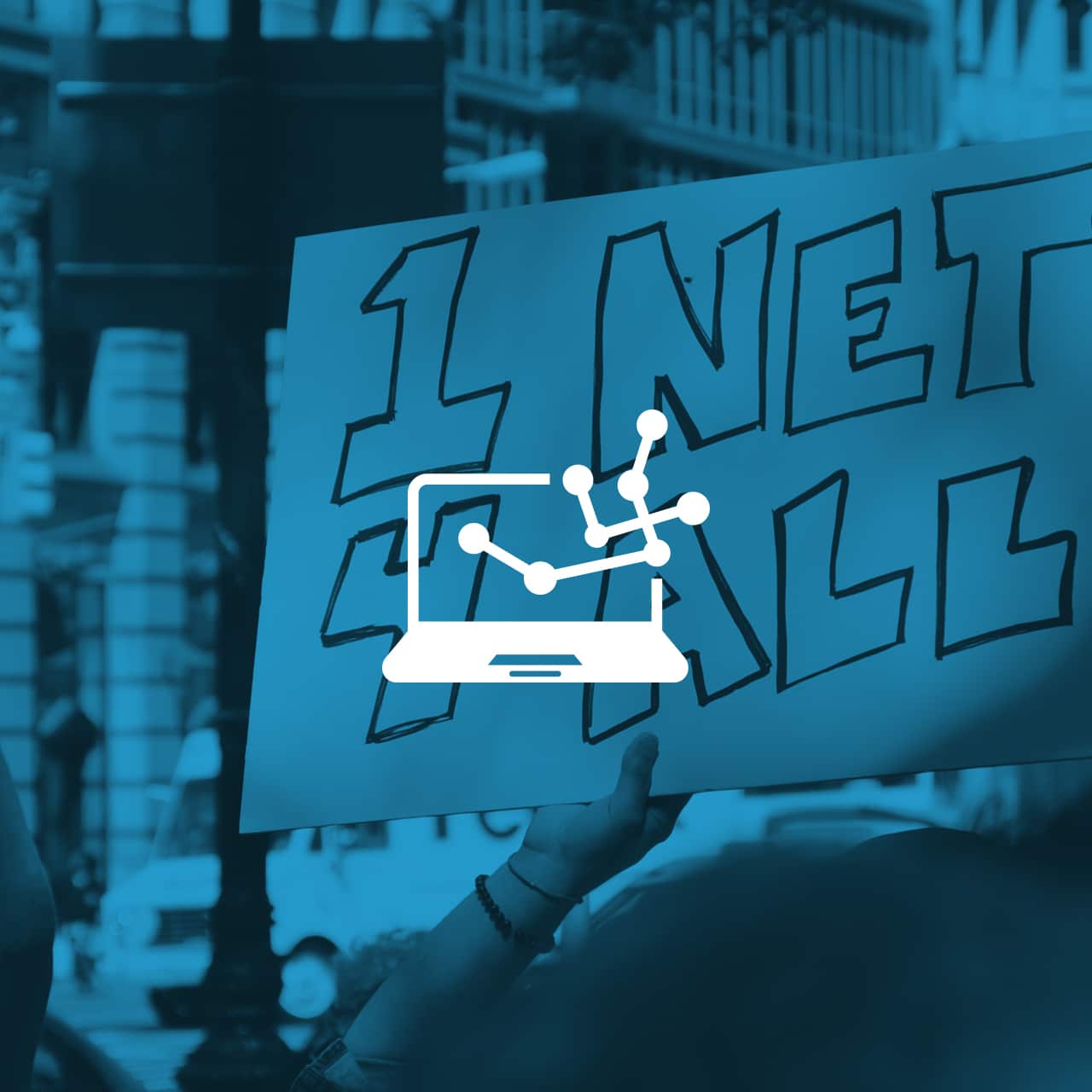
Europe and the U.S. are nearing the finish line in a neck-and-neck race to enshrine net neutrality into law. The Council of the European Union is currently debating draft regulation called the Telecoms Single Market, while President Obama just made a clear call for the Federal Communications Commission to pass strong rules protecting the open net. Either region could win the race soon ? possibly by early 2105 ? affecting more than 800 million people.
The starting points of each player are not, of course, the same. Beginning in 2013, Europe strode ahead to promote the Telecoms Single Market, a draft regulation containing a number of unrelated and complex issues, including spectrum, roaming charges, consumer rights and of course, the open internet. Earlier this year the TSM passed the European Parliament, which significantly improved the text, including the addition of a clear and binding definition of net neutrality. Now now the TSM is in the hands of the Council of the European Union — where some ministers are threatening to add dead weight with changes that would drastically weaken the net neutrality provisions.. Meanwhile, the Italian presidency, which holds the rotating six-month leadership of the Council, could push for a final vote by the Parliament and allow Europe to burst triumphantly over the finish line — but it needs to be convinced to move things forward.
The U.S., by contrast, had softly promoted net neutrality principles via a weak FCC rule before a federal court ruling in January of this year invalidated key aspects of the FCC’s oversight over an open net. Since then, nearly four million internet users have intervened to prevent the FCC from listening to lobbyists, and to demand the reclassification of broadband internet under Title II of the 1934 Telecommunications Act — the only thing that would prevent the creation of fast lanes and slow lanes online, and that would give the FCC the legal tools it needs to protect net neutrality.
This week, President Obama signaled that he wants the U.S. to win this race, placing pressure on FCC chairman Tom Wheeler to honor several excellent principles that would promote an open net for future generations. The president has essentially fitted the chairman with a new set of fancy running shoes. The question is: if the shoe fits, will Tom Wheeler wear it?
So now, as we approach the end of the year, superpowers on both sides of the Atlantic are poised to sign off on vastly similar protections for internet users that would send a huge message to the world that net neutrality matters, and must be protected.
Admittedly, both competitors could cramp up in negotiations or become sidelined by lobbyists so that they lose sight of the finish line altogether. The stakes are high. We could end up paying more for a tiered internet that favors users who can afford to pay. Worse, without net neutrality internet providers will be able to discriminate against content, and have the ability to unilaterally decide whether or not to deliver your content at all — with no recourse. This is terrible for free expression, dissent, and creativity.
This race involves more players than just the U.S. and the EU. Multiple countries are in the midst of considering important bills on net neutrality. But Europe and the U.S. could help set the course for the open net around the world.
photo credit: Pedro Szekely (CC BY-NC-SA 2.0)
